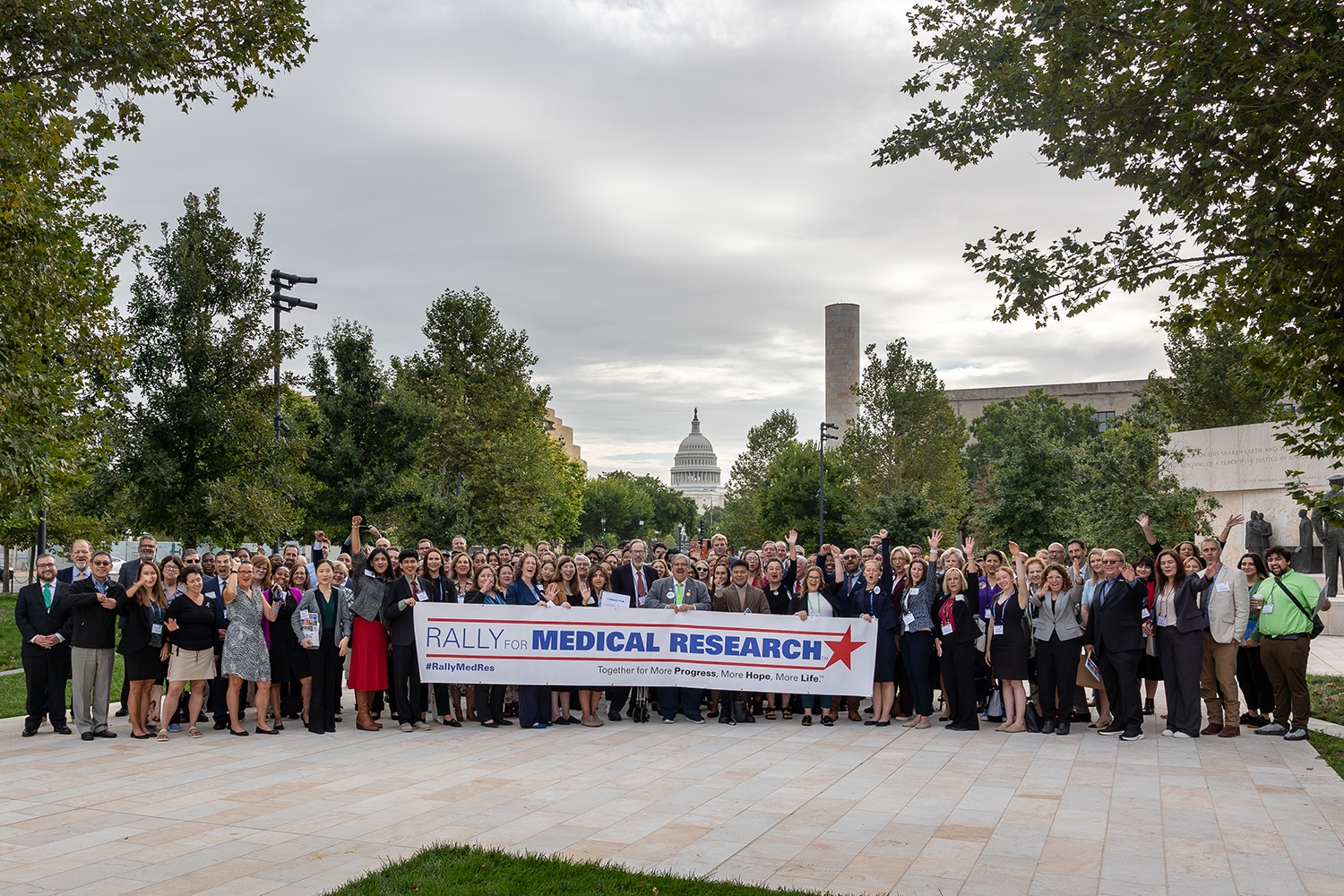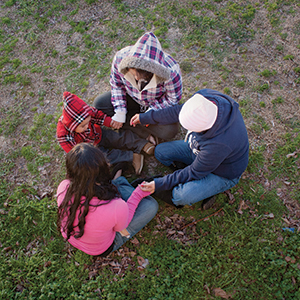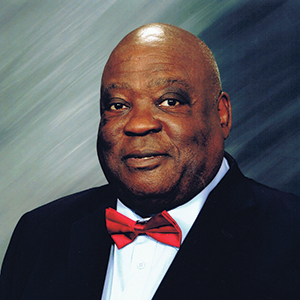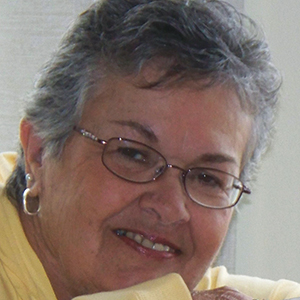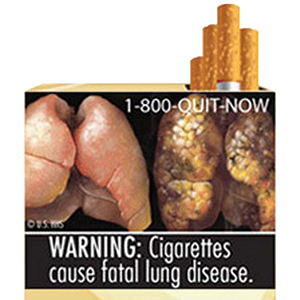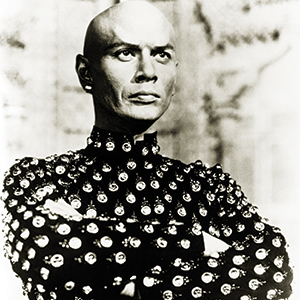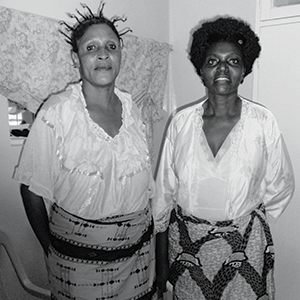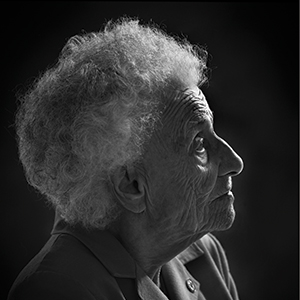-
First Person
Circle of SupportDespite the foreign terrain, family, friends and faith help a cancer patient find familiarity and comfort.
by Cynthia Ryan
-
Get Involved
One Survivor Making a DifferenceA prostate cancer survivor becomes an advocate for cancer patients.
by Yvonne Lee
-
Get Involved
A Second Calling For a Teacher’s PassionHelp patients and families as a hospital volunteer.
by Yvonne Lee
-
Forward Look
Uncle Sam Gets GraphicNew cigarette packaging is intended to act as a deterrent.
by Sue Rochman
-
The Wait for a Match
Many patients in urgent need of bone marrow or stem cell transplants are facing uncertainty.
by Karen Patterson
-
Yesterday & Today
A King’s LegacyMore than a quarter century after Yul Brynner's death from lung cancer, treatment advances offer some patients new options, but the cancer continues to claim more lives than any other. And the actor's haunting anti-smoking message lives on.
by Sue Rochman
-
Global Report
Stark Realities in ZambiaAn American cancer survivor's visit to a Southern African nation reveals how doctors are adapting cancer care to meet an overwhelming need.
by Cynthia Ryan
-
Q&A
Foundation of HopeMargot Freudenberg, 104, has been comforting cancer patients for four decades.
by Jennifer Berry Hawes
Previous |
Cancer Talk
Treatment Combination Improves Survival in EGFR-positive Lung Cancer
Adding chemotherapy to targeted therapy improves outcomes for people with advanced EGFR-positive non-small cell lung cancer.
by Sandra Gordon
Lessons From 20 Years Living With CancerMultiple myeloma survivor Jonathan Gluck reflects on uncertainty, and the scientific progress that has kept him living with cancer for more than two decades.
by Eric Fitzsimmons
The Enduring Importance of Cancer Disparities ResearchOpening session from AACR conference highlights how perseverance and adversity have informed cancer disparities research over the years.
by Eric Fitzsimmons
Most Cancer Survivors Don’t Meet Healthy Diet GoalsDespite research linking fruits and vegetables to cancer survival, many people do not change their eating habits after diagnosis.
by Darlene Dobkowski

